Somebody sees me, and I see myself through them. Then it's all gone, the whole world falls apart
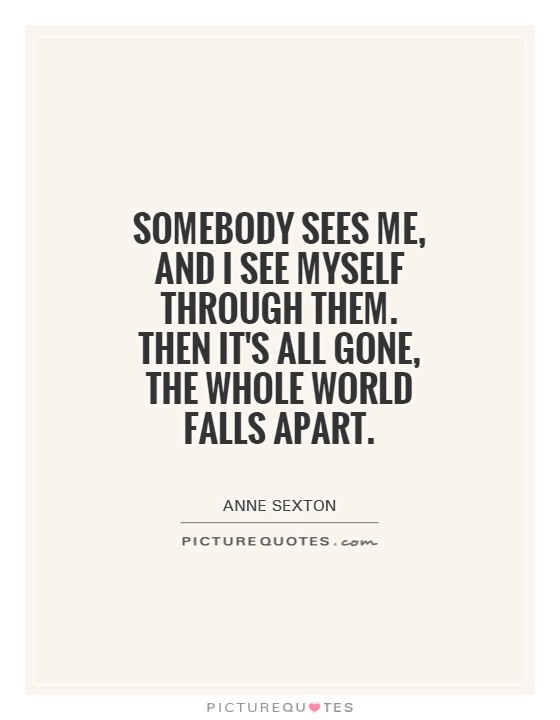
Somebody sees me, and I see myself through them. Then it's all gone, the whole world falls apart
Anne Sexton was a poet known for her raw and confessional style of writing, delving deep into her own personal struggles and emotions. In the quote “Somebody sees me, and I see myself through them. Then it's all gone, the whole world falls apart,” Sexton captures the vulnerability and fragility of human connection and self-perception.Throughout her work, Sexton grappled with themes of identity, mental illness, and the complexities of relationships. She often explored the idea of how others perceive us and how that perception can shape our own sense of self. In the quote, Sexton seems to be acknowledging the power that others hold over us in terms of how we see ourselves. When someone truly sees us for who we are, it can be a transformative experience, allowing us to see ourselves in a new light. However, this newfound clarity can also be destabilizing, as it forces us to confront aspects of ourselves that we may have been avoiding or denying.
For Sexton, this moment of revelation can be both liberating and terrifying. To have someone truly see us, flaws and all, can be a deeply intimate and validating experience. It can provide a sense of connection and understanding that is essential for human relationships. However, it can also be a moment of profound vulnerability, as it exposes us to the judgment and scrutiny of others. In this moment of vulnerability, the whole world can seem to fall apart, as the carefully constructed facades we present to the world are stripped away, leaving us exposed and raw.
Ultimately, Sexton’s quote speaks to the complex and often tumultuous nature of human relationships and self-perception. It highlights the power that others hold over us in shaping how we see ourselves, and the profound impact that can have on our sense of identity and place in the world. Through her poetry, Sexton invites readers to confront their own vulnerabilities and insecurities, and to embrace the messy and imperfect nature of human connection.
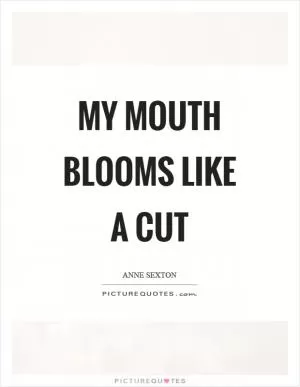
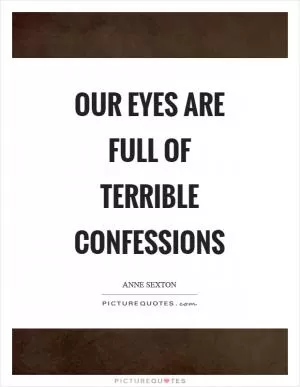
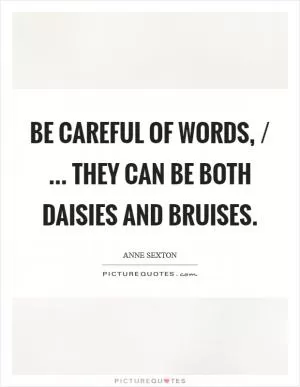
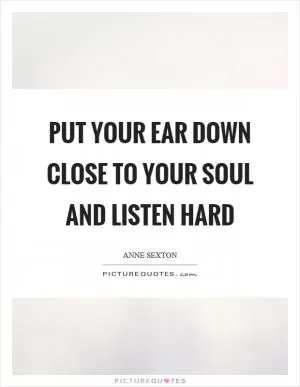
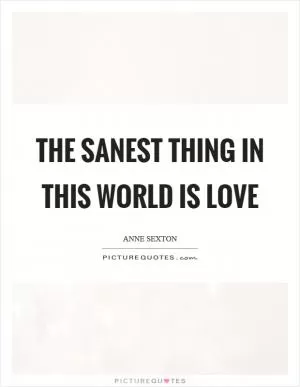
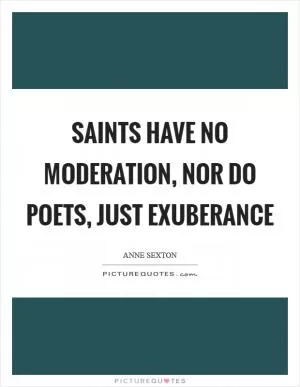
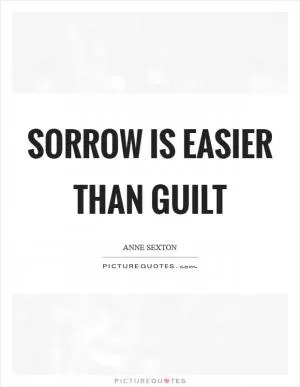
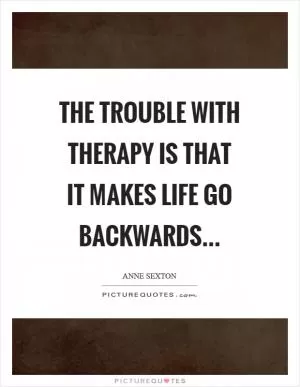
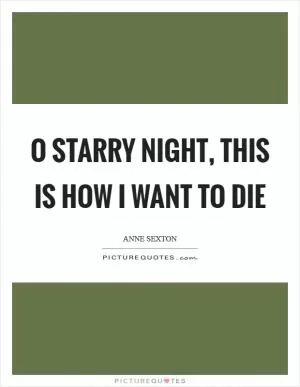
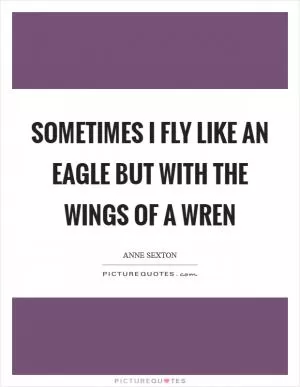
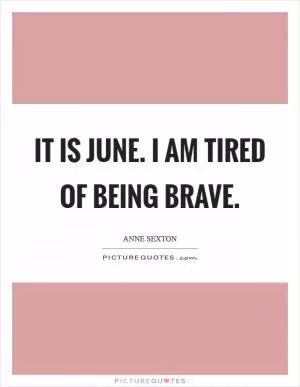
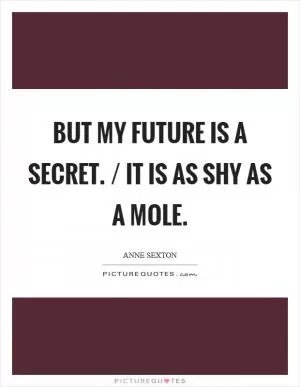
 Friendship Quotes
Friendship Quotes Love Quotes
Love Quotes Life Quotes
Life Quotes Funny Quotes
Funny Quotes Motivational Quotes
Motivational Quotes Inspirational Quotes
Inspirational Quotes